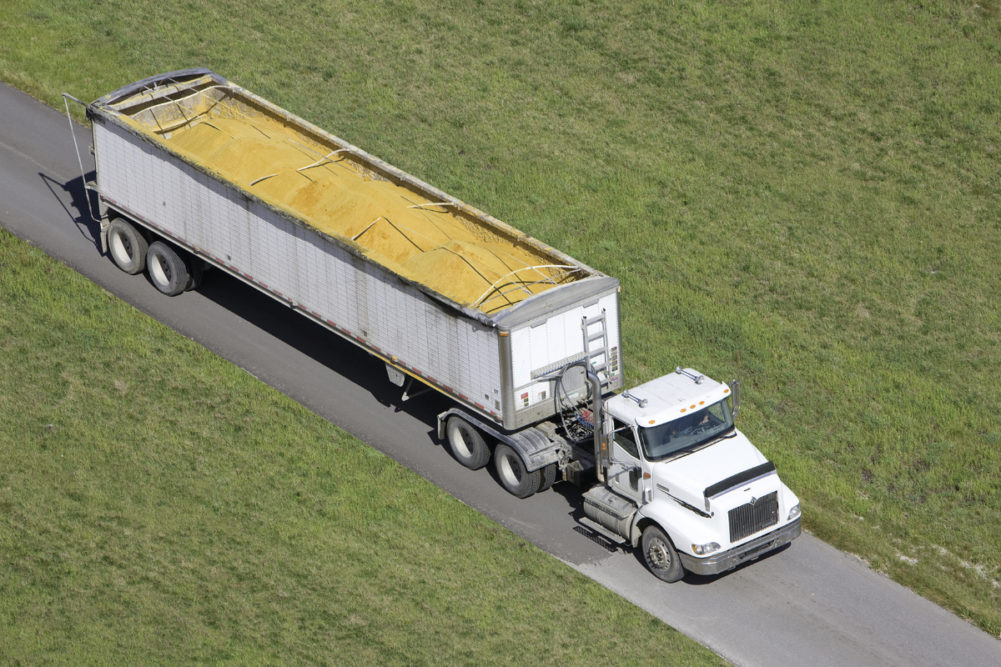ARLINGTON, VIRGINIA, US — US ag groups have highlighted priorities for the US Congress to consider in the next surface transportation bill.
Groups are calling for improvements that are environmentally responsible and enhance the economic health of US agriculture. The March 17 letter was led by NGFA and signed by dozens of agricultural producer, commodity, agribusiness, food manufacturer and food-related organizations.
The letter stressed priorities that should be included in the new legislation:
- Include rural US in any infrastructure package. “Adequate funding, availability of programs and ranking criteria should take into account the unique needs and challenges facing rural communities and our infrastructure,” the letter said.
- Ensure that exemptions from hours-of-service (HOS) rules provide flexibility for agricultural haulers and farm supply transporters by passing the Haulers of Agriculture and Livestock Safety (HAULS) Act.
- Provide flexibility for types of fuel used.
- Authorize a pilot program to gradually increase federal truck weight limits.
- Establish a tolerance to account for load shifts. “Load shifts during transport can result in tickets for drivers because a portion of the truck becomes heavier than allowed under current law even though the overall truck weight is below the federal truck weight limit of 80,000 pounds,” the groups said.
- Maintain the ability for agricultural haulers to travel at posted local speed limits.
- Continue the current level of financial responsibility for trucks. “Efforts to increase liability insurance for trucks beyond the current $750,000 level would increase freight costs with no direct safety benefit,” the letter noted.
- Ensure federal and state commercial driving license restrictions are harmonized.
- Increase flexibility of “Restricted CDL” drivers in farm-related service industries to account for weather-related disruptions.
“The next surface transportation bill is an opportunity to enact policies that foster a more environmentally responsible, productive, and economically viable freight transportation system to keep America’s agricultural and manufacturing industries competitive in the world market,” the letter said.
To read the entire letter, click here.






